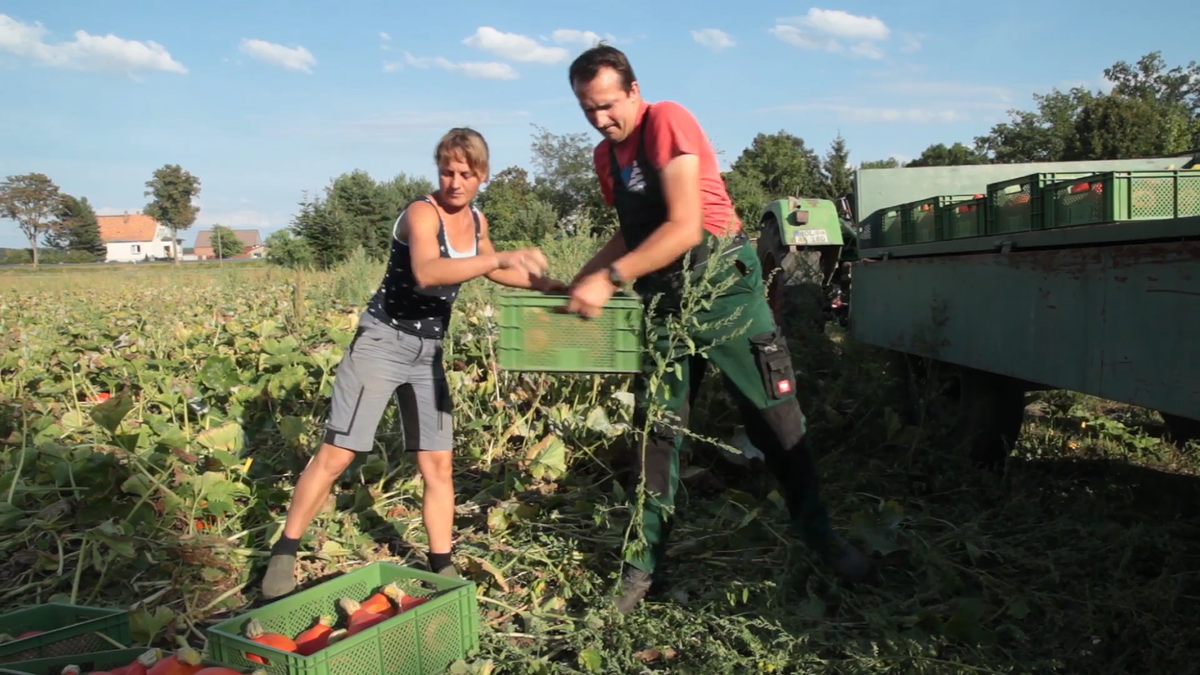2018-Oct-05 : Germany's first Regiowoche has reason to celebrate
For one week, from October 1st to October 5th, organic food made (nearly) entirely with products from the region was offered in 275 school canteens in Berlin feeding more than 50.000 pupils. Today, the project celebrated its success in a public closing event at Zollgarage in Berlin.
Thought up and implemented by the Ernährungsrat Berlin, Regiowoche proves that organic regional school catering is feasible, tangible and valuable. 'It is an appeal to politicians and administrators to further develop school catering in line with a sustainable nutrition strategy, together with stakeholders from civil society, politics, production, processing and catering' says the group of about 7 lead organisers.
Thought up and implemented by the Ernährungsrat Berlin, Regiowoche proves that organic regional school catering is feasible, tangible and valuable. 'It is an appeal to politicians and administrators to further develop school catering in line with a sustainable nutrition strategy, together with stakeholders from civil society, politics, production, processing and catering' says the group of about 7 lead organisers.

Organic farmers Bauernhof Erz delivered the pumpkins used for the pumpkin soup on Thursday 4th October. (image: Ernährungsrat Berlin, video still 2018)
'With the Regiowoche in Berlin's school catering, relevant quantities of organic food are finally being ordered from regional producers in Brandenburg. We are very happy that together with our partners we have found great producers in Brandenburg. For example, we get 10,000 kg of organic quark from Lobetal and 4,000 kg of top-quality organic pumpkins from the Oderbruch. However, our demand has also revealed where there are currently gaps in the regional value and supply chains', says Frank Nadler, Regiowoche project coordinator and elected speaker of the Ernährungsrat. 'The peeled organic potatoes for the herby quark, unfortunately, had to travel from further afield [the neighbouring counties of Saxony and Saxony-Anhalt, as no regional processing could be found for them.'
Though not directly involved with this project, Katrin is one of the initiators of the German capital's food policy council.
Though not directly involved with this project, Katrin is one of the initiators of the German capital's food policy council.
For more information on Regiowoche see the project's own website.
For information on the Ernährungsrat Berlin see here.
For B&V's contribution to the Ernährungsrat see its Practice page on this website.
To keep up to date with the project's development see our blog Productive Urban Landscapes.
For information on the Ernährungsrat Berlin see here.
For B&V's contribution to the Ernährungsrat see its Practice page on this website.
To keep up to date with the project's development see our blog Productive Urban Landscapes.










